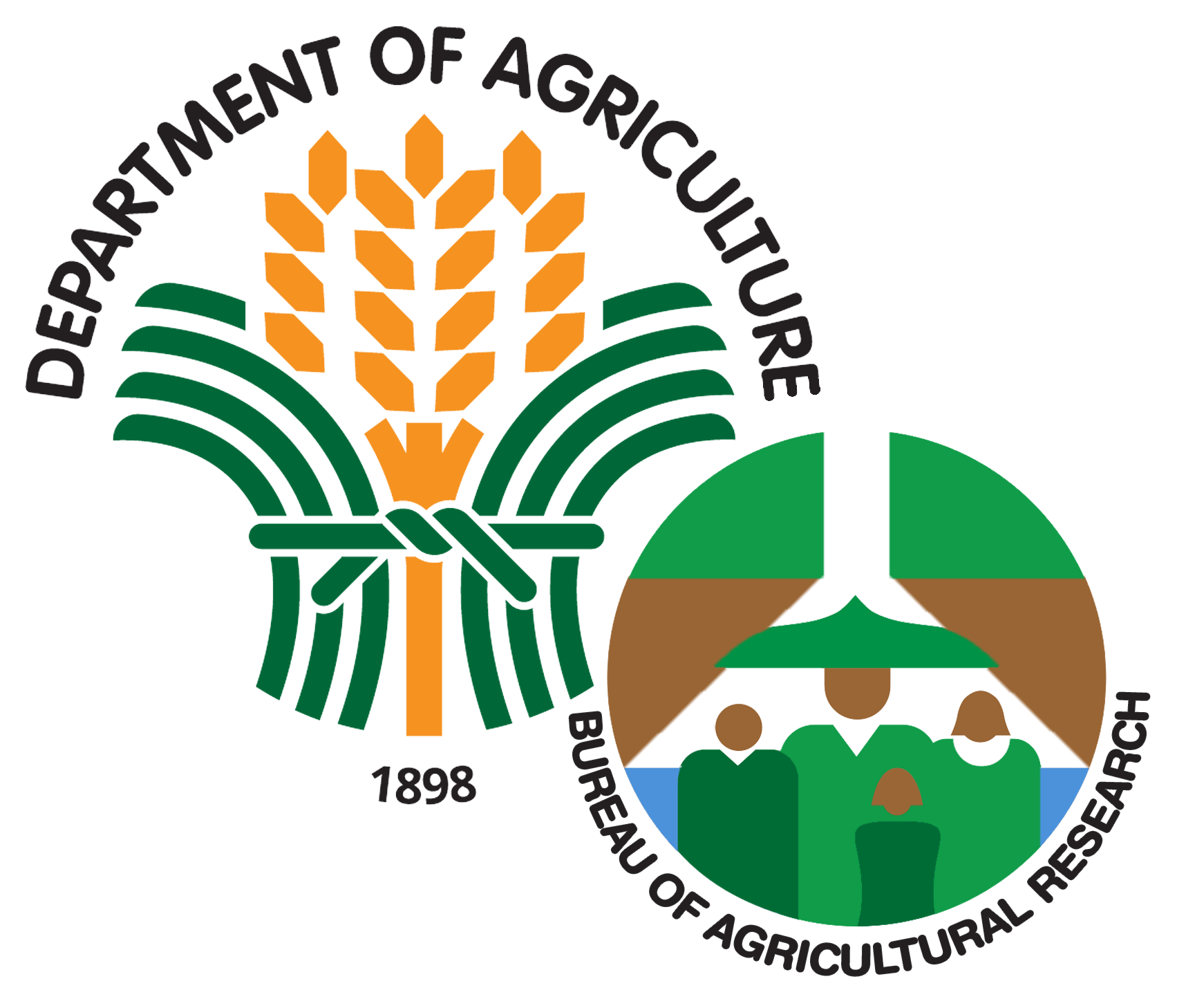The Southeast Asian Regional Center for Graduate Study and Research in Agriculture (SEARCA) virtually turned over the technology demonstration learning farm to Mindoro State University (MinSU, formerly Mindoro State College of Agriculture and Technology) for calamansi research on 21 June 2021 via Zoom and livestreamed on SEARCA’s Facebook page.
SEARCA director Dr. Glenn Gregorio and MinSU president Dr. Levy Arago, Jr. led the ceremonial turnover. Representatives from SEARCA, MinSU, University of the Philippines Los Baños (UPLB), Provincial Agriculture Office of Oriental Mindoro, Department of Agriculture-Bureau of Agricultural Research (DA-BAR) as well as calamansi growers’ cooperatives and other key stakeholders attended the event.
“Our flagship commodity in the university is calamansi. Our calamansi research and development will be our best entry point in order to bring together our strengths as a research institution in collaboration with the local government units, private sector industries to address the technical and market constraints that confront the calamansi industry,” said MinSU vice president for research, development and extension Dr. Christian Anthony Agutaya.
He also shared the various R4D undertakings that the university will be implementing to address the gaps and concerns in the calamansi industry in the province.
“We hope that this undertaking will help us to continue to keep alive our contribution to sustainable development amidst COVID-19 pandemic and economic recovery,” Dr. Agutaya added.
With an area of 2,500 square meters that could accommodate 156 plants with four by four meters spacing, the learning site at Victoria, Oriental Mindoro was placed at a strategic position. MIMAROPA has the widest area planted with calamansi at 6,872 hectares whereas the municipality of Victoria is the largest producer in the region.
“The techno demo learning farm for calamansi is really important as we expect this to serve as a [venue] to showcase the appropriate, modern, climate-resilient production technologies [and] cultural pest management systems. [This] will serve as a benchmark not only for the farmers but also as inputs for the annual investment plans of the local government units,” said Oriental Mindoro provincial agriculturist Christine Pine.
Ruel Sanchez, Victoria Kalamansi Farmers Federation president, and Christie Marasigan, Matulatula Agrarian Reform Community Cooperative manager both expressed their gratitude towards the project team for teaching them the updated knowledge and technologies on calamansi production.
The activity was part of the sustainability plan of SEARCA-implemented project titled, Upgrading the Calamansi Value Chain towards Improving the Calamansi Industry of Oriental Mindoro, which was funded by DA-BAR.
Implemented in collaboration with UPLB, MinSU, the local government units in Victoria, Naujan, and Pola, Oriental Mindoro, the two year-project aimed to address the technical and market constraints of the calamansi industry in Oriental Mindoro.
The virtual ceremonial turnover was followed by a webinar on good agricultural and manufacturing practices. Resource speakers were Dr. Juliet Ochasan, DA-Bureau of Plant Industry-Baguio National Crop Research, Development and Production Support Center; Dr. Flor Ceballo, Dr. Filomena Sta. Cruz, Leslie Angela Roces, Bryan Apacionado, Dr. Josephine Agravante, Dr. Ma. Josie Sumague, and Dr. Matilde Maunahan of UPLB; and Agnes Perpetua Legaspi, Department of Trade and Industry-Export Marketing Bureau assistant director.


